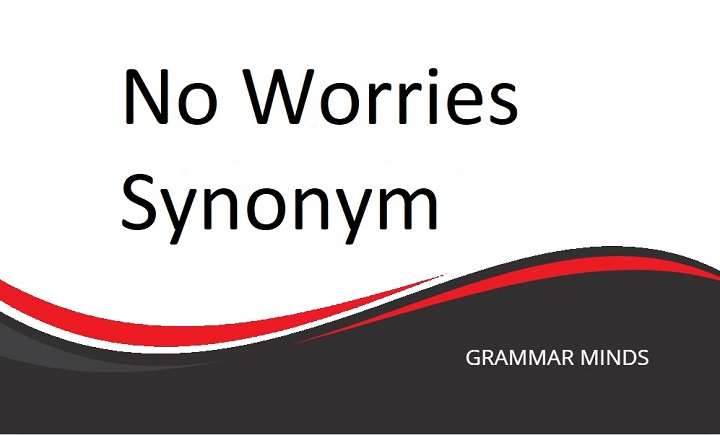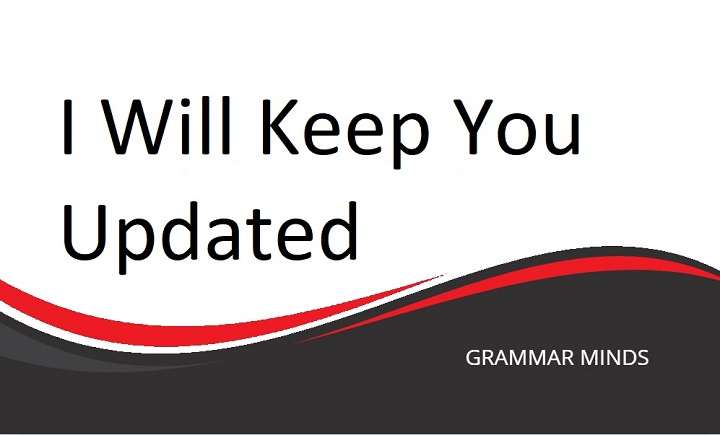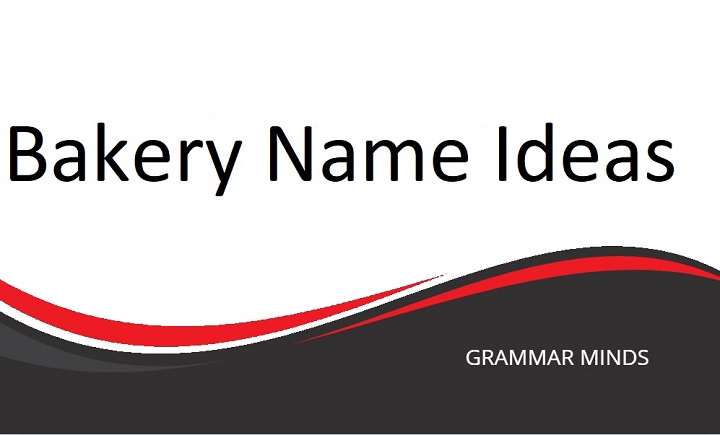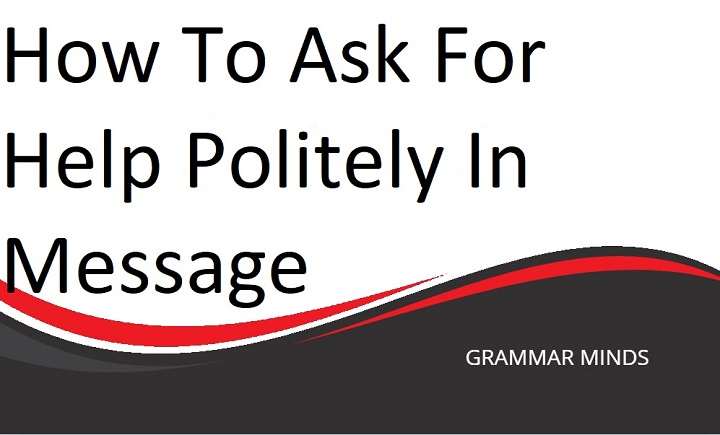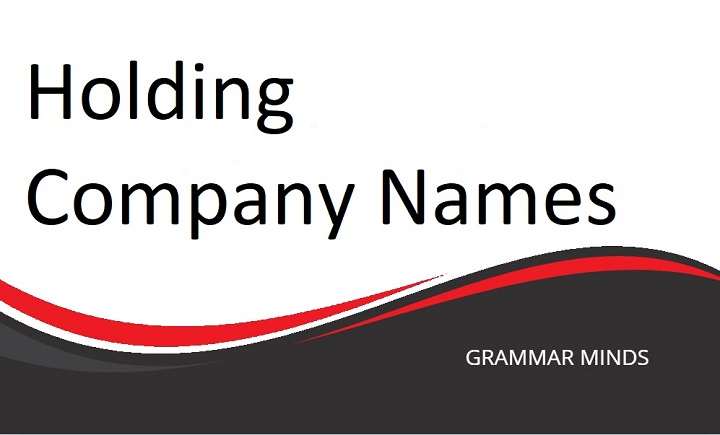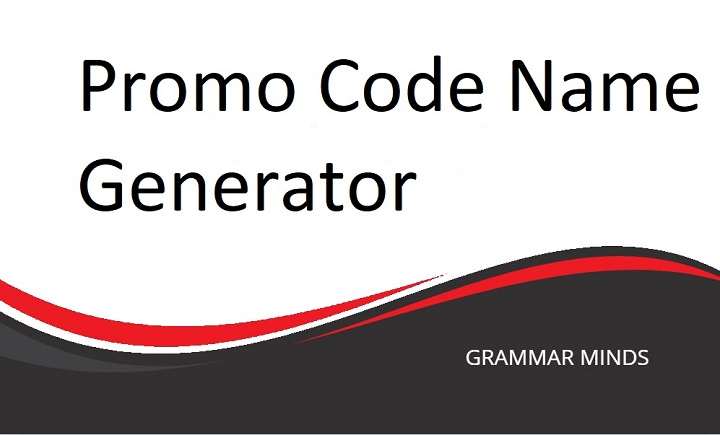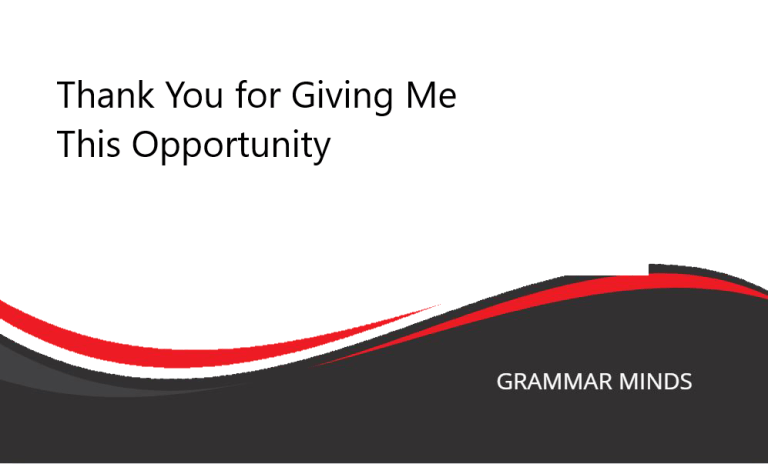Do you find yourself using the phrase “No Worries” repeatedly? Whether you’re in casual conversation with friends or replying to emails in a professional setting, it’s easy to fall into the habit of using the same phrase over and over again. While “No Worries” is a perfectly acceptable expression, you might feel it’s becoming a bit too common in your vocabulary.
No worries! We’ve got you covered. In this article, we’ll explore a list of alternative phrases to help you mix things up and sound more varied in your communications. These alternatives are versatile, ranging from casual to more formal expressions, ensuring you have the right phrase for every occasion.
Other Ways to Say “No Worries”
Using different phrases helps keep your communication fresh and engaging. Here are ten alternative expressions to “No Worries,” perfect for a variety of contexts:
No Problem
This phrase is probably the closest synonym to “No Worries” and is widely used in both casual and professional settings.
It’s All Good
A friendly, laid-back alternative to “No Worries,” often used in informal conversations with friends or close colleagues.
Don’t Mention It
A more polite and formal option, “Don’t Mention It” works well in professional settings and conveys humility.
Everything’s Fine
This phrase is a calming alternative that reassures the listener that there’s no need for concern. Suitable for both formal and informal conversations.
No Big Deal
Casual and relaxed, this is a great phrase to use when you want to downplay an issue or show that something isn’t bothersome to you.
It’s Nothing
Another informal expression that conveys the same meaning as “No Worries.” It’s perfect for casual conversations.
You’re Welcome
While traditionally used as a response to “Thank you,” “You’re Welcome” can serve as a polite and formal alternative to “No Worries” in some contexts.
Not a Problem
Slightly more formal than “No Problem,” this phrase works well in professional environments, such as responding to emails or customer service situations.
All is Well
This is a calm and collected phrase that reassures the other person. It’s perfect for a more formal tone.
Glad to Help
For a more enthusiastic and polite way to replace “No Worries,” use “Glad to Help.” This phrase conveys positivity and helpfulness, especially in professional interactions.
Key Notes on Using “No Worries”
“No Worries” is grammatically correct and widely used in both formal and informal situations. It’s an adaptable phrase, but sometimes, it can feel a bit overused or too casual, especially in formal contexts. While it’s excellent for informal conversations, there are plenty of alternatives that can be more appropriate in professional environments.
You can use “No Problem” for both formal and informal situations, particularly in emails or conversations where you want to maintain a neutral tone.
Similarly, “It’s All Good” offers a great informal alternative to “No Worries” in specific casual contexts.
Below, we’ll explore how to use these alternative phrases in both formal and informal situations, offering real-life examples to help you integrate them into your daily communication.
No Problem
Usage:
If you’re looking for a more neutral way to say “No Worries,” try using “No Problem.” It’s suitable for both formal and informal conversations, making it ideal for professional emails or casual discussions with colleagues.
Example (in an email):
Dear [Jane],
Thank you for sending over the report. I appreciate your attention to detail and prompt response.
No Problem regarding the revisions—I’ll take care of them right away.
Best regards,
[Your Name]
Example (in conversation):
Friend: Thanks for picking me up today!
You: No Problem! I was happy to help.
It’s All Good
Usage:
A more informal alternative to “No Worries” is “It’s All Good.” This phrase works well in conversations with friends or family, or even in laid-back work environments where the tone is casual.
Example (in conversation):
Hey [David],
Thanks for covering my shift earlier today! It’s All Good, no need to worry about it.
Don’t Mention It
Usage:
For a more formal alternative to “No Worries,” consider “Don’t Mention It.” This phrase carries a sense of humility and works well in professional settings, particularly when you want to downplay your own role or efforts.
Example (in an email):
Dear [Mr. Johnson],
Thank you for your kind words. It was my pleasure to assist with the project. Don’t Mention It, and feel free to reach out if you need further assistance.
Best regards,
[Your Name]
Everything’s Fine
Usage:
“Everything’s Fine” is a calm and reassuring phrase that can be used in both formal and informal conversations. It conveys the message that there’s nothing to worry about, and it’s suitable for situations where you want to put the other person at ease.
Example (in conversation):
Friend: Sorry I was late!
You: Everything’s Fine, don’t worry about it.
No Big Deal
Usage:
“No Big Deal” is perfect for casual situations where you want to downplay any inconvenience. It’s friendly and informal, making it great for conversations with friends or coworkers.
Example (in conversation):
Colleague: Thanks for helping me with that project!
You: No Big Deal, I’m happy to help.
It’s Nothing
Usage:
If you want a relaxed, informal alternative to “No Worries,” “It’s Nothing” works well. It’s a simple phrase that minimizes the effort or inconvenience involved.
Example (in conversation):
Friend: Thanks for watching the kids today!
You: It’s Nothing, I had a great time.
You’re Welcome
Usage:
Though traditionally used as a response to “Thank you,” “You’re Welcome” can also serve as a polite alternative to “No Worries” in certain contexts, particularly when you want to maintain a more formal tone.
Example (in conversation):
Colleague: I really appreciate your help with the presentation.
You: You’re Welcome, I’m always here to assist.
Not a Problem
Usage:
A slightly more formal version of “No Problem,” “Not a Problem” is well-suited for professional environments, especially when responding to requests or showing you’re happy to assist.
Example (in an email):
Dear [Emma],
Thank you for your follow-up on the proposal. Not a Problem at all regarding the additional information—I’ll send it over today.
Best,
[Your Name]
All is Well
Usage:
“All is Well” conveys calmness and can be used to reassure someone that everything is under control. It works in both formal and informal settings but carries a slightly more refined tone.
Example (in conversation):
Friend: Are you sure it’s okay that I’m late?
You: All is Well, take your time!
Glad to Help
Usage:
A more enthusiastic and polite option, “Glad to Help” is perfect for professional settings where you want to emphasize your willingness to assist.
Example (in an email):
Dear [John],
Thank you for reaching out. I’m Glad to Help with the project and will send over the files shortly.
Best regards,
[Your Name]
Is It Correct to Say “No Worries”?
Yes! “No Worries” is grammatically correct and widely accepted in both formal and informal settings. It’s a versatile phrase that can be used in professional emails, conversations with colleagues, or casual chats with friends.
However, as we’ve shown, using synonyms like the ones above helps you diversify your language and communicate more effectively in various contexts.
You can also try slight variations of this phrase, such as:
- No Worries at All
- No Need to Worry
- No Worry
Also Read
Theme Park Names: Crafting the Perfect Identity for Adventure and Fun
In conclusion, “No Worries” is a perfectly acceptable and grammatically correct phrase. Whether you’re using it in a formal or informal setting, it serves its purpose well. However, the alternative phrases provided in this article will help you diversify your vocabulary and tailor your communication to different contexts. By using these synonyms, you’ll sound more varied and polished in your professional and personal interactions.

